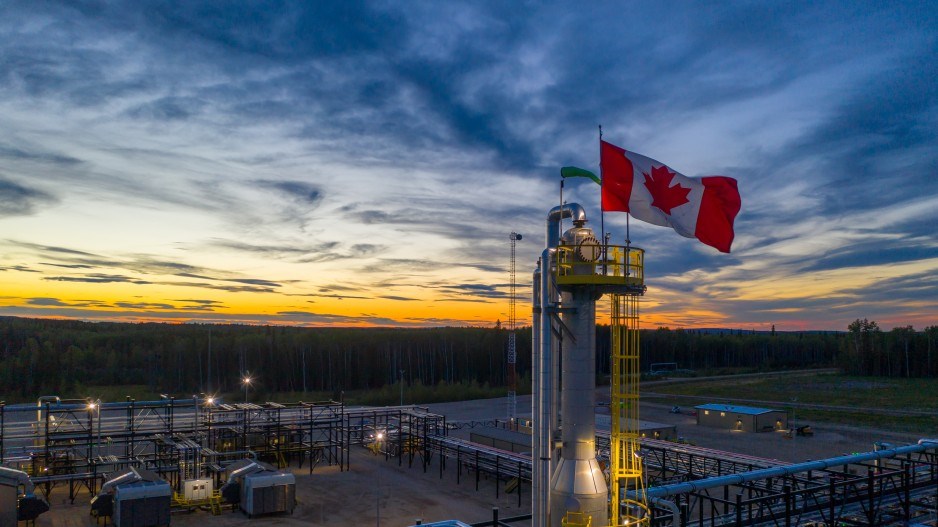When it comes to making clean hydrogen, B.C. has the natural resources needed for making the two main varieties – green hydrogen from water and electricity, or blue hydrogen from natural gas, with carbon capture and storage.
But there are serious challenges with both, including cost, so turquoise hydrogen from natural gas using methane pyrolysis may actually be the best method to pursue in B.C., according to a new report from the B.C. Centre for Innovation and Clean Energy (CICE), in collaboration with Sky Point Resources Ltd. and Orion Projects
There are already two turquoise hydrogen companies in B.C. -- VulcanX and Ekona Power. In January, Ekona signed its first industrial contract with ARC Resources (TSX:ARX) to build a new hydrogen plant in Alberta using its methane pyrolysis technology.
According to the report, Ekona and VulcanX but are among 32 companies in the world now playing in the methane pyrolysis space.
Hydrogen can be made from water using electrolysis, but this requires huge amounts of electricity, and there are questions whether making hydrogen is the best use of B.C.’s limited clean power.
A single project – Fortescue’s green hydrogen an ammonia plant proposed for Prince George – would require 1,000 megawatts of power, which represents 90 per cent of the generating capacity of the $16 billion Site C dam.
That raises the question of whether B.C. can afford to dedicate that much electricity to hydrogen production, when it will be needed for other uses, as the province moves to decarbonize the economy through electrification.
“The long-term viability of distributed hydrogen production via electrolysis may be challenged by competing priorities, such as increasing demands on the B.C. electricity grid from the electrification of residential heating and transport,” the CICE report says. “The build out of new electricity generation, transmission and distribution lines is a highly expensive and lengthy process.”
Likewise, with blue hydrogen, B.C. has an abundance of natural gas, as well as geological sequestration potential. In blue hydrogen production, hydrogen is made from natural gas, using steam methane reforming, and the CO2 produced as a byproduct must be captured and stored.
“However, centralized, large-scale hydrogen reforming projects are likely to be limited to Northeast B.C., as it is the only part of the province currently to have known potential for suitable CO2 sequestration pore space,” the report states.
“One emerging solution to solve the problem of cost-competitive distributed hydrogen production is methane pyrolysis. This can provide a low-cost, low carbon intensity hydrogen production pathway utilizing B.C.’s existing abundant natural gas resource as the energy carrier.”
Methane pyrolysis is a process that involves heat. It splits off hydrogen atoms from methane and leaves behind a solid carbon in various forms, such as graphite, depending on the process used. This solid carbon can be sold for various industrial uses.
“The flexibility of methane pyrolysis, in terms of scalability and location, makes it an effective decentralized, distributed hydrogen production pathway," the CICE report concludes. "Specifically, a pathway which can utilize existing natural gas and electrical infrastructure to deliver hydrogen at the point of demand without long distance distribution.”
"B.C. is in a prime position to generate ample low-cost, low carbon hydrogen," CICE CEO Sarah Goodman said in a press release.
"In particular, the report shows that distributed hydrogen production from methane pyrolysis can help decarbonize hard-to-abate applications where direct electrification is not feasible or viable."

